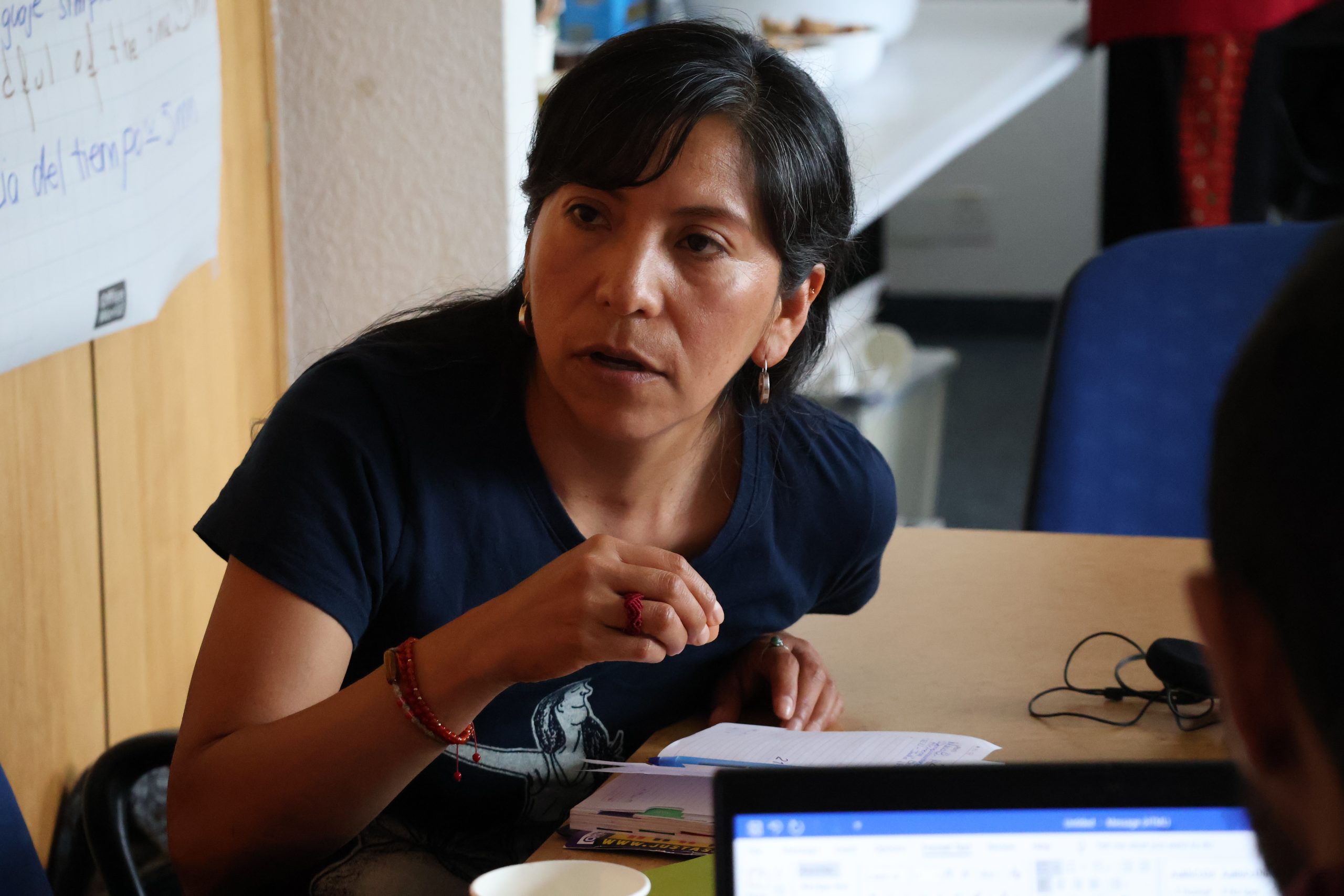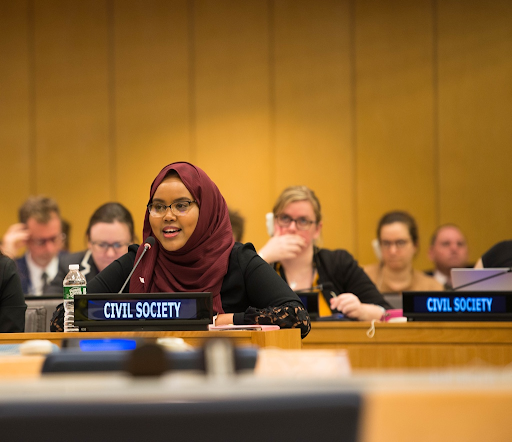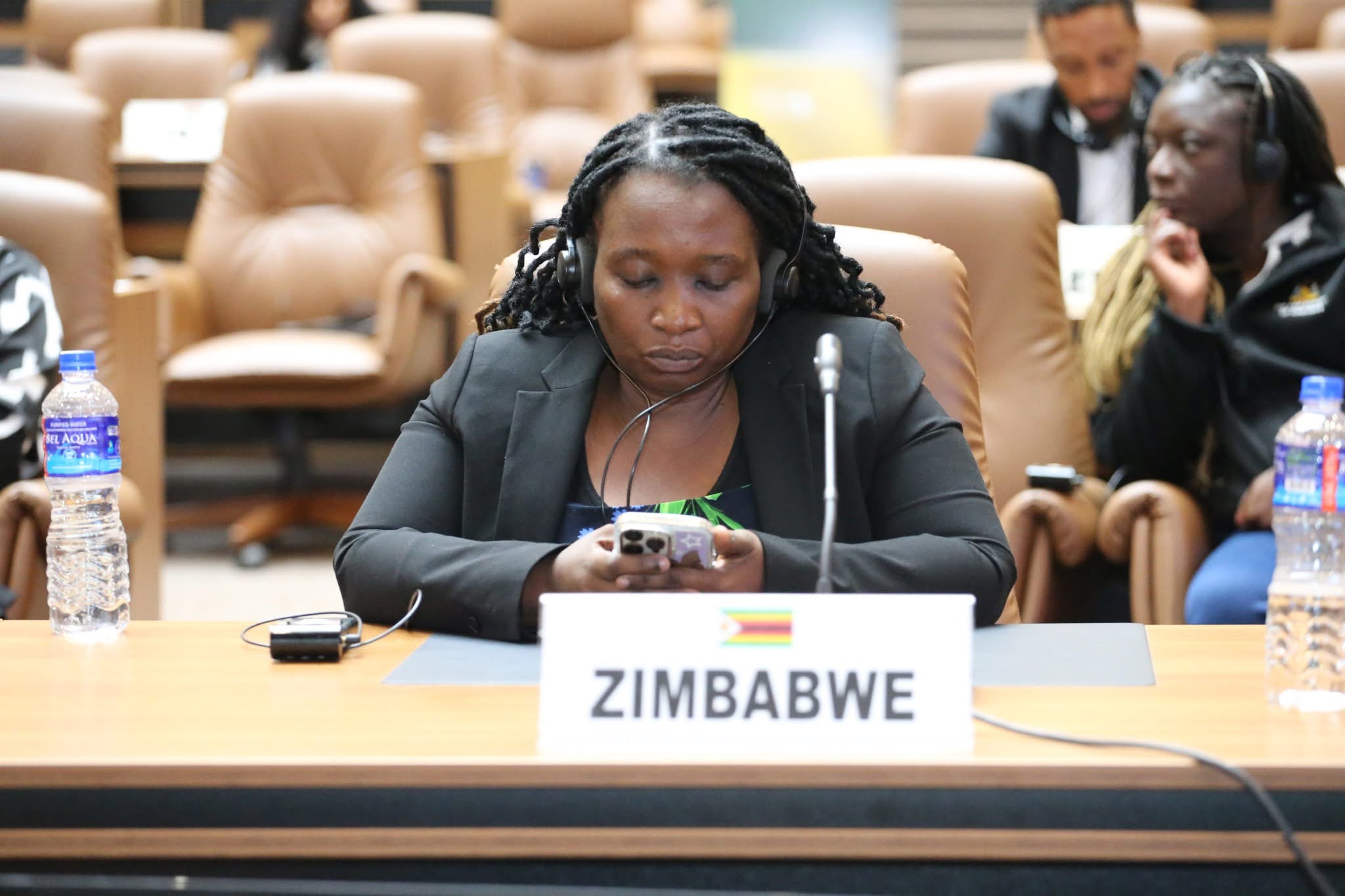Human rights norms, frameworks and discourses are constantly evolving. It is imperative that they continue to evolve, both to respond to new and emerging issues and threats, as well as to address entrenched but often invisibilised power, prejudice and privilege. This evolution is reflected in the ways in which human rights norms and mechanisms are being used and developed to advance and address issues such as climate justice, reproductive justice, systemic racism, vaccine equity and other inequalities.
The importance and legitimacy of this evolution, and the role and responsibility of the human rights movement in this regard, is enshrined in the Declaration on Human Rights Defenders, article 7 of which protects ‘the right to develop and discuss new human rights ideas and principles and to advocate their acceptance’. It is reflected in developments such as the Human Rights Council’s recent recognition of the right to a clean, healthy and sustainable environment, advocacy for which will ensure that, over time, that right becomes as widely accepted and understood as rights such as freedom of expression or a fair trial.
For too long, human rights discourse has been dominated and disproportionately defined by straight white men from the Global North. It has reflected their interests and privilege. It has inadequately incorporated the expertise, experience, priorities and perspectives of many in the Global South, as well as groups subject to various forms of discrimination or repression. This is unsurprising, given the colonial legacies connected with the development of the international multilateral systems, from which UN human rights mechanisms have emerged.
Alongside many of our regional and national level partners, ISHR is committed to contributing to a human rights movement, and human rights discourse, that must be decolonised – a process that is critical to its relevance and legitimacy.
The work, struggles and realities of Global South, feminist and queer human rights defenders and activists, which have taken place over decades, must be recognised and reflected in human rights discourse and priorities, including at the UN Human Rights Council and other UN human rights fora in Geneva and New York. Movements such as TWAIL (Third World Approaches to International Law) are also contributing to this change.
Both in our own right, and through networks of which we are part such as HRCnet, the Women Human Rights Defenders International Coalition and the UN Anti-Racism Coalition, ISHR works in solidarity with these defenders. We are committed to supporting their access and participation at the UN – ensuring that they can speak with their own voices, share their own expertise, articulate their own experiences and demands, and shape an international human rights discourse that is both effective and meaningful to them.
Phil Lynch is Executive Director of ISHR.
Pooja Patel is Programme Director with ISHR.
Download as PDF




